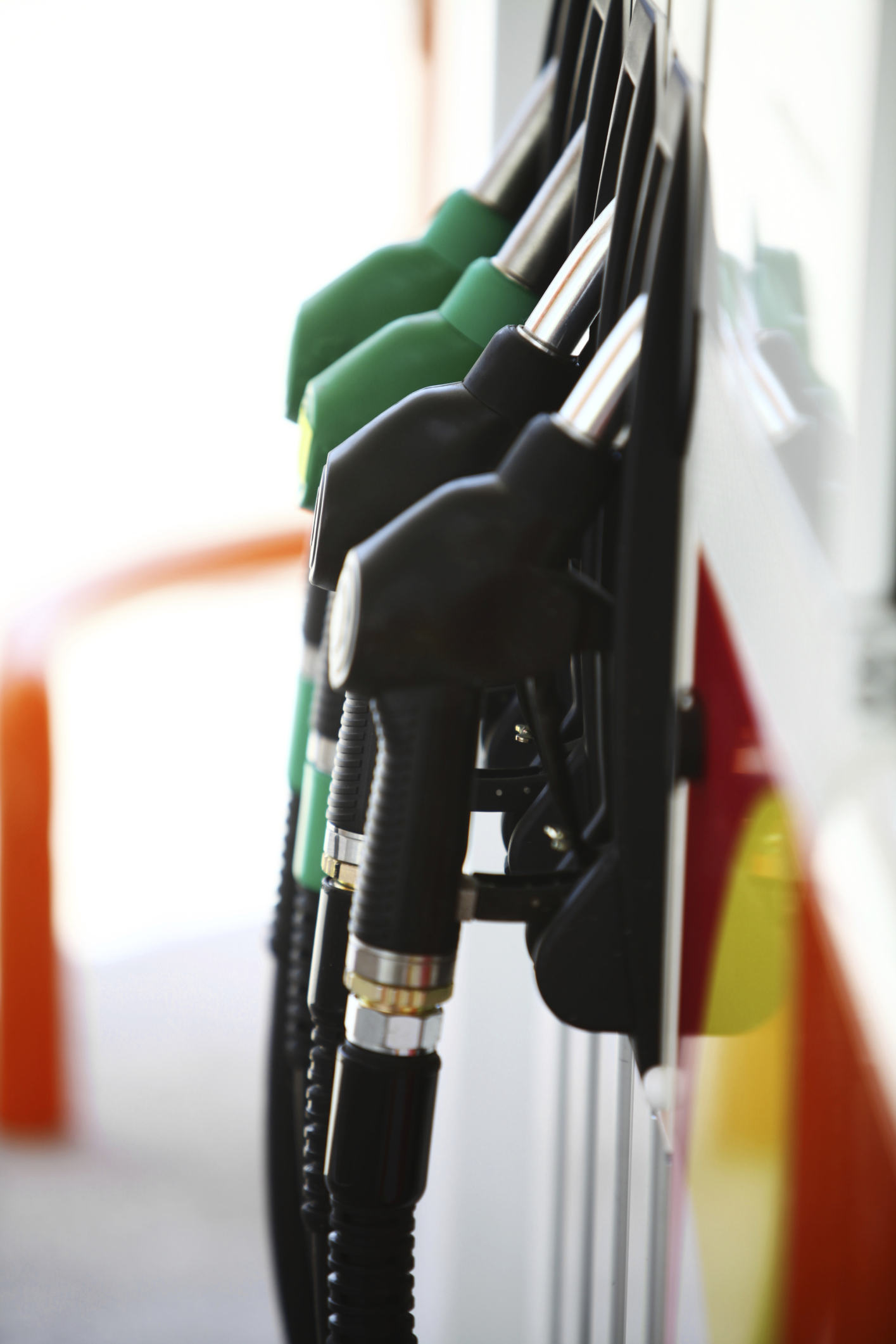The cost of oil has been falling and so have gas prices; reaching lows that haven’t been seen in over a decade. Even though diesel fuel hasn’t seen price drops like regular gasoline, carriers are still seeing a difference in their bottom line. However, they are not profiting as you would expect.
The downward trend in oil prices is expected to continue. The Organization of the Petroleum Exporting Countries (OPEC) has decided not to restrict the amount of oil production, which will make oil readily available. It takes several months for gas prices to reflect oil barrel prices. As oil prices drop, gas prices can be expected to drop as well. Transportation companies see the benefits of low diesel prices, but probably not as much as you think. A few carriers are dropping their fuel surcharge, but most are keeping theirs the same.
Carriers who are dropping their fuel surcharge aren’t seeing improved revenue. Most of the savings are passed on to the consumer and the retailer. However, carriers are enjoying a little benefit; usually, they would have to front money while fueling up until a company pays their bill. With low gas prices, carriers feel less pressure at the pump, not having to worry about being in the red.
Most carriers choose against lowering the fuel surcharge to match the dropping price of oil and gas. There are many reasons for this.
The government is constantly requiring carriers to invest in new fuel-efficient equipment. This is great for the environment but really strains trucking companies due to the high cost of such equipment. Many carriers who haven’t dropped their fuel surcharge use their increased revenue to invest in new equipment. The drop in diesel prices is expected to continue in the near future. However, two to three years down the road prices are expected to rise again, so carriers need to invest in equipment while they have the capital.
Other carriers are using their increased revenue gained from fuel surcharges to increase driver wages or recruit new drivers. In the past year, average pay in the transportation sector has increased by 2.5 percent. Carriers are trying to keep their drivers happy and on the road. Some carriers are using the revenue to attract new, younger drivers. Crete Carrier, based in Lincoln, Nebraska, is advertising a 13 percent pay increase, as well as a yearly salary of more than $68,000 for qualified drivers, in an effort to recruit new drivers.
Even though these companies have not lowered their fuel surcharge, they are not seeing the profits you would expect. Transportation is a competitive, expensive business and these carriers are utilizing the lower price of oil to invest in future success.
Check this out: Should Fuel Surcharges Cost Me this Much? Infographic

